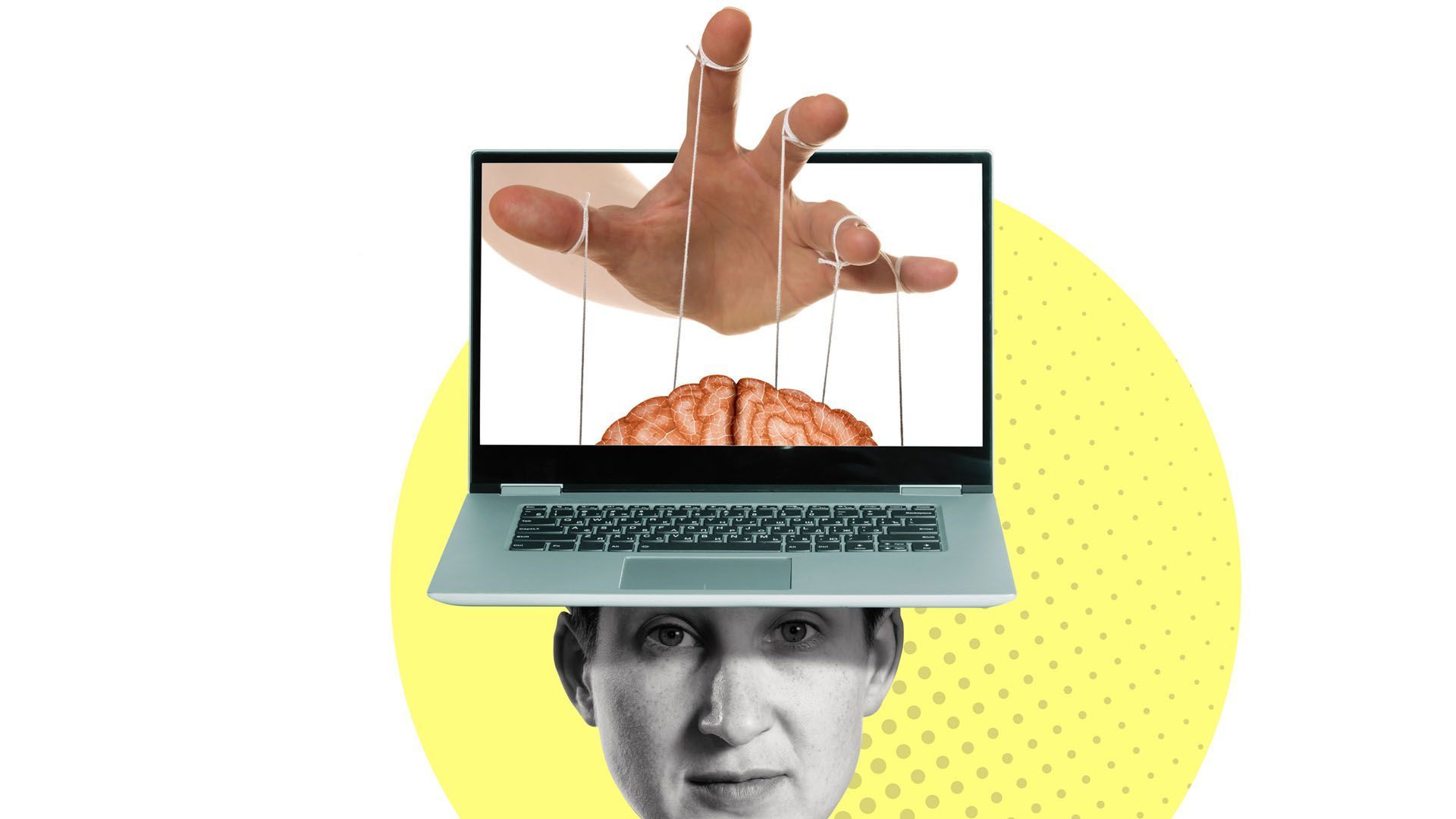A Conspiracy Of Truths: Unraveling The Layers Of Reality
Alright, listen up, folks. We’re diving deep into something that’s been floating around in the minds of millions for years now. A conspiracy of truths is not just some wild goose chase or a late-night Netflix binge topic. It’s real, it’s complex, and it’s got layers upon layers that we’re about to peel back. So, buckle up because this ride is gonna be wild.
Now, you might be thinking, “What even is a conspiracy of truths?” Well, my friend, it’s the idea that there’s more to the world than what we see on the surface. It’s like when you think you’ve got all the answers, but then BAM! There’s another layer hiding beneath it all. It’s not just one big lie; it’s a web of half-truths, hidden agendas, and secret agendas that make your brain spin. Trust me, it’s wild.
And here’s the kicker: we’re not talking about tin foil hats and Area 51 memes. No, no, no. We’re diving into the nitty-gritty, the stuff that actually matters. The stuff that could change the way you see the world. So, if you’re ready to have your mind blown, let’s get started.
- Who Is Kate Hudsons Mom A Deep Dive Into Her Life And Legacy
- Alina Habba Iraq The Rising Star Of Middle Eastern Music
Here’s the deal: the world is full of secrets, and some of those secrets are hiding in plain sight. It’s like when you walk into a room and everything seems normal, but then you notice the tiny camera in the corner. That’s what a conspiracy of truths feels like. It’s subtle, it’s sneaky, and it’s everywhere.
What Exactly is a Conspiracy of Truths?
Let’s break it down, shall we? A conspiracy of truths isn’t just about lies being told; it’s about truths being twisted, manipulated, and hidden. It’s the idea that the world isn’t as black and white as we’d like to think. There’s gray, there’s murky water, and there’s a whole lot of “what if?” going on.
In simple terms, a conspiracy of truths is when the truth is out there, but it’s been strategically placed in a way that makes it hard to find. It’s like a scavenger hunt, but instead of winning a prize, you end up questioning everything you thought you knew.
- Candy Murderess The Shocking Truth Behind The Sweet Killer
- Damon Wayans Jr Height The Inside Scoop On The Stars Measurements And Career
Why Does This Matter?
Here’s the thing: if you’re not paying attention, you could be missing out on some major stuff. Think about it. How many times have you heard something on the news and just accepted it without questioning it? How many times have you scrolled past a headline without thinking twice? That’s the danger of living in a world where information is everywhere but not always truthful.
And let’s not forget the power of misinformation. In today’s digital age, it’s easier than ever to spread lies and half-truths. But the real kicker is when those lies are mixed with truths, making it harder to tell what’s real and what’s not. It’s a recipe for chaos, folks.
The History of Conspiracy Theories
Conspiracy theories have been around for centuries, and they’re not going anywhere anytime soon. From ancient civilizations to modern-day internet forums, people have always been fascinated by the idea that there’s more to the story than what meets the eye.
Take the Kennedy assassination, for example. For decades, people have been debating whether Lee Harvey Oswald acted alone or if there was a larger conspiracy at play. Or what about the moon landing? Some folks still believe it was faked, despite overwhelming evidence to the contrary. These theories might sound crazy, but they’ve sparked some serious debates over the years.
Why Do People Believe in Conspiracy Theories?
There’s a reason why conspiracy theories are so popular. For one, they give people a sense of control in a world that often feels out of control. When things don’t make sense, it’s easy to latch onto an explanation, no matter how far-fetched it might be.
And let’s not forget the power of social media. Platforms like Twitter and Facebook have made it easier than ever to share information, whether it’s true or not. It’s like a giant echo chamber where ideas can spread like wildfire, regardless of their validity.
The Role of Media in Shaping Perceptions
Let’s talk about the media for a second. Whether you love it or hate it, the media plays a huge role in shaping how we perceive the world. And let’s be real, sometimes they get it wrong. Whether it’s sensationalized headlines or biased reporting, the media can sometimes contribute to the spread of misinformation.
But here’s the thing: not all media is bad. There are still plenty of reputable sources out there that strive to report the truth. The key is knowing how to sift through the noise and find the facts. It’s not always easy, but it’s worth it if you want to stay informed.
How to Spot Fake News
So, how do you know what’s real and what’s not? Here are a few tips:
- Check the source. Is it reputable? Do they have a history of accurate reporting?
- Look for multiple sources. If one outlet is reporting something that no one else is covering, it might be worth digging deeper.
- Watch out for sensational headlines. If it sounds too good (or bad) to be true, it probably is.
- Fact-check. Use trusted websites like Snopes or FactCheck.org to verify information.
The Psychology Behind Believing in Conspiracies
Believing in conspiracies isn’t just about being misinformed; it’s also about psychology. People are naturally inclined to look for patterns and connections, even when there aren’t any. It’s called apophenia, and it’s a real thing.
And let’s not forget the role of confirmation bias. We tend to seek out information that confirms our existing beliefs and ignore anything that contradicts them. It’s a natural human tendency, but it can be dangerous if we’re not careful.
Why Do Some People Resist Conspiracies?
On the flip side, some people are naturally skeptical of conspiracies. They might see them as nothing more than wild speculation or baseless claims. And honestly, they’re not wrong. Not all conspiracies are real, and it’s important to approach them with a healthy dose of skepticism.
But here’s the thing: just because you’re skeptical doesn’t mean you should dismiss everything outright. Sometimes, the truth is stranger than fiction, and it’s worth taking a closer look before passing judgment.
The Intersection of Technology and Conspiracies
Technology has changed the game when it comes to conspiracies. On one hand, it’s made it easier than ever to access information and connect with others who share your beliefs. But on the other hand, it’s also made it easier to spread misinformation and create echo chambers.
Take social media, for example. Algorithms are designed to show you content that you’re most likely to engage with, which can create a feedback loop of sorts. If you’re constantly seeing posts that confirm your existing beliefs, it’s easy to get stuck in a bubble where nothing else matters.
How to Use Technology Wisely
So, how do you use technology without falling into the trap of misinformation? Here are a few tips:
- Follow a variety of sources, not just ones that align with your beliefs.
- Engage in respectful debates with people who have different opinions.
- Take breaks from social media if you find yourself getting overwhelmed.
- Fact-check everything before sharing it with others.
The Future of Conspiracies
As we move further into the digital age, it’s safe to say that conspiracies aren’t going anywhere. In fact, they might become even more prevalent as technology continues to evolve. But here’s the thing: just because something is popular doesn’t mean it’s true.
It’s up to all of us to stay informed, ask questions, and think critically about the information we consume. It’s not always easy, but it’s the only way to navigate a world that’s full of half-truths and hidden agendas.
What Can You Do?
Here’s the bottom line: you have the power to make a difference. By educating yourself and others, you can help combat the spread of misinformation and promote a more informed society. It’s not just about believing or disbelieving; it’s about seeking the truth, no matter how uncomfortable it might be.
Conclusion
Alright, folks, that’s a wrap. We’ve talked about what a conspiracy of truths is, why it matters, and how it affects our lives. We’ve explored the history of conspiracies, the role of media, and the psychology behind belief. And most importantly, we’ve discussed how to navigate this complex world of half-truths and hidden agendas.
So, what’s next? It’s up to you. Will you choose to seek the truth, no matter where it leads? Or will you stay stuck in the echo chamber of misinformation? The choice is yours, but one thing’s for sure: the world is full of mysteries, and it’s up to all of us to uncover them.
Now, before you go, I want to leave you with a challenge. Take a moment to reflect on something you believe to be true. Is it really true, or could there be more to the story? You might be surprised by what you find. And hey, if you enjoyed this article, don’t forget to share it with your friends. Knowledge is power, folks, and the more we spread it, the better off we’ll all be.
Table of Contents:
- What Exactly is a Conspiracy of Truths?
- Why Does This Matter?
- The History of Conspiracy Theories
- The Role of Media in Shaping Perceptions
- The Psychology Behind Believing in Conspiracies
- The Intersection of Technology and Conspiracies
- The Future of Conspiracies



Detail Author:
- Name : Yadira Russel I
- Username : sandrine59
- Email : xsanford@yahoo.com
- Birthdate : 1980-12-02
- Address : 32656 Veronica Stravenue Suite 370 Port Chadview, MT 18780
- Phone : 520.941.9753
- Company : Labadie-Harvey
- Job : Recyclable Material Collector
- Bio : Officiis quas sit beatae nulla aperiam in. Est rerum quis alias pariatur veniam dolores hic dolore. Non quibusdam dolorem nihil quo.
Socials
instagram:
- url : https://instagram.com/danielaschmidt
- username : danielaschmidt
- bio : Porro et veritatis omnis tempora. Nostrum illo a autem pariatur. Molestias quas autem sapiente aut.
- followers : 1206
- following : 1243
facebook:
- url : https://facebook.com/daniela4223
- username : daniela4223
- bio : Facilis earum natus inventore provident.
- followers : 6554
- following : 1003
linkedin:
- url : https://linkedin.com/in/daniela.schmidt
- username : daniela.schmidt
- bio : Sit aliquid amet quo occaecati animi quia.
- followers : 5127
- following : 410
tiktok:
- url : https://tiktok.com/@daniela4813
- username : daniela4813
- bio : Tempore voluptates in quis consequatur enim accusamus omnis.
- followers : 6428
- following : 1566
